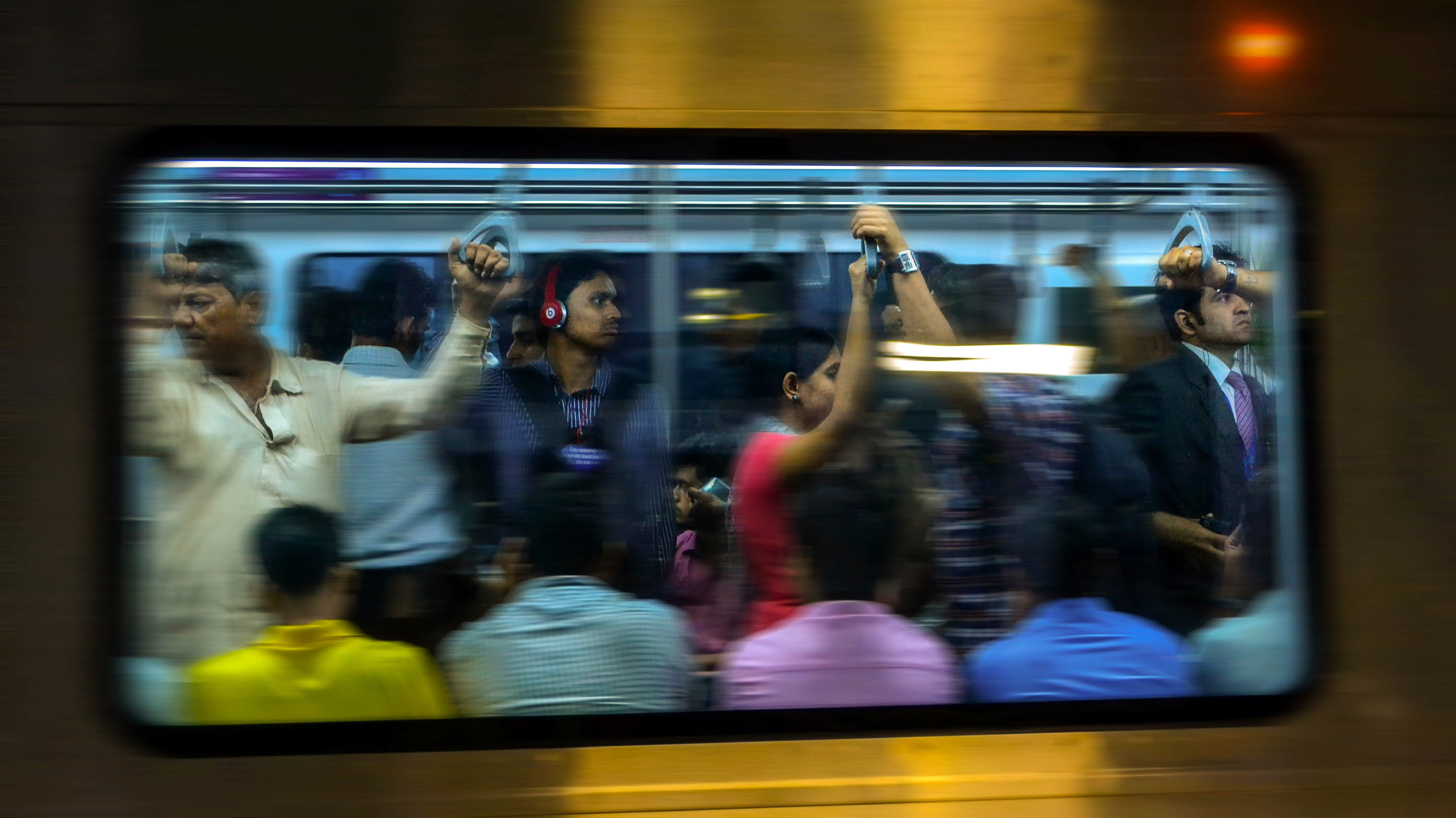Commuters in Mumbai's subway, India
Copyright© Rajarshi Mitra, via flickr, CC BY 2.0
Priority area “Sustainable urban development” Increasing quality of life in cities, promoting green urban mobility
The aim of German programmes is to promote environmentally friendly, socially equitable and inclusive urban development. The goal is to enable equal participation by women and other disadvantaged population groups in economic and social life, and equip urban areas to deal as effectively as possible with the impacts of climate change.
Activities by the German Development Ministry (BMZ) are concerned with issues such as drinking water, sanitation, and the management of wastewater and waste from private households and from industry. German support has already played a part, for example, in creating better access to sanitation for some 102 million people.
Around 126 million people are benefiting from Germany’s efforts to contribute to improved municipal management, and 36 million people are now better shielded against the consequences of climate change. In the field of urban planning and urban governance, officials at the national, state and local levels are being advised on matters such as spatial planning, climate resilience, social housing policies, slum upgrading and sustainable energy supply.
Green urban mobility
One of the priority areas within sustainable urban development is urban transport, which is to be made climate friendly and universally accessible.
The rate of motorisation in India is increasing rapidly, and the transport infrastructure in many cities is already overwhelmed. Moreover, the transport sector is one of the biggest emitters of greenhouse gases; air pollution is already an acute problem and a health hazard in many of India’s cities.
To assist in the transformation of transport systems, an Indo-German Green Urban Mobility Partnership was launched in 2019. Selected Indian states and cities are being assisted in developing energy-efficient, low-emissions, sustainable mobility concepts that take account of the needs of women and girls and other vulnerable population groups.
These concepts are cost-effective and straightforward to implement. They have a positive impact on the climate, for example by expanding the use of electromobility, and enable a smooth transfer between different forms of passenger transport (rail, bus, rickshaw, ferry) and non-motorised individual forms of transport (walking, cycling). Around four million people are already benefiting from the expansion of public transport systems (metros, electric buses, ferries) that was accomplished with German support.
As at: 03/09/2024
